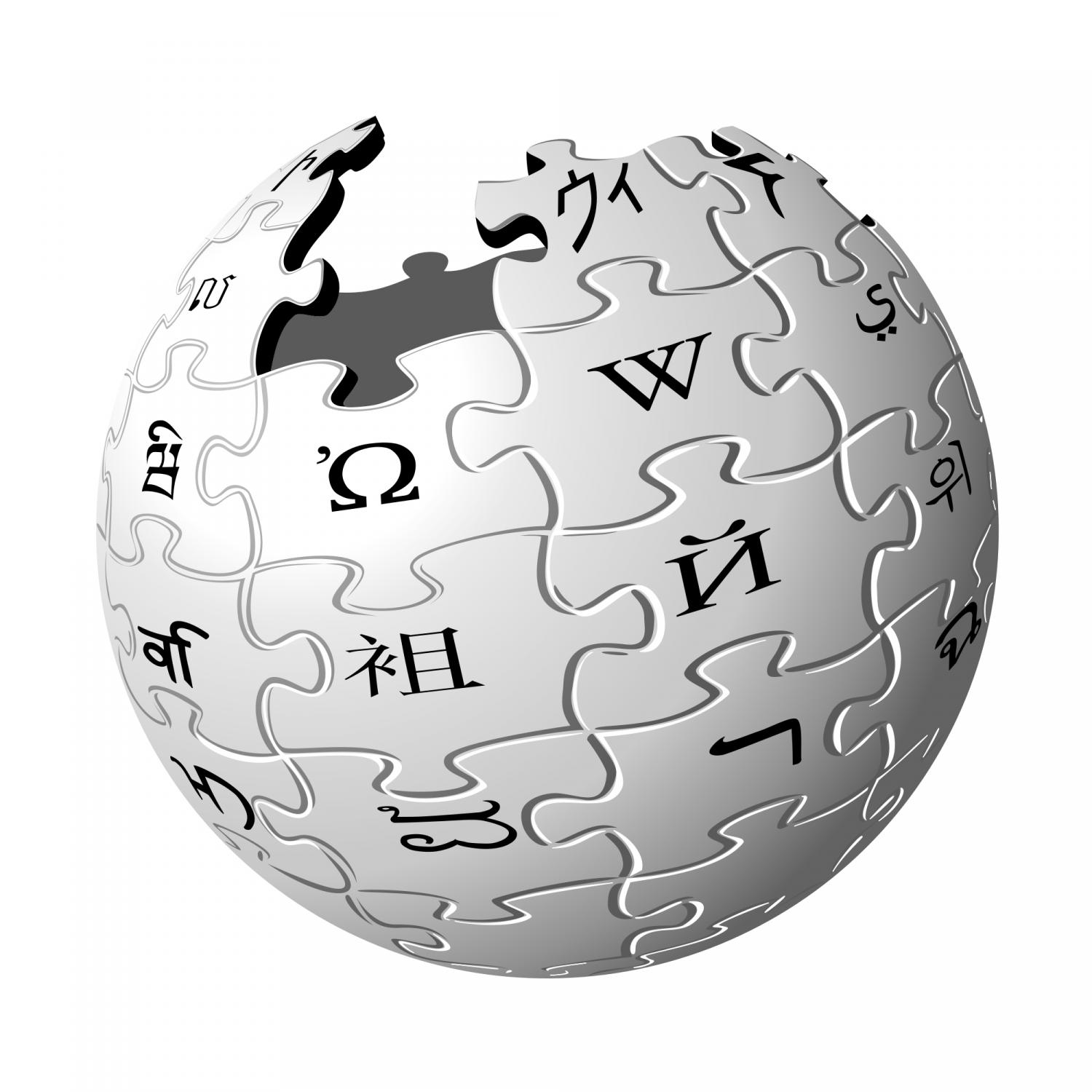Wikipedia’s Surprising Power in Shaping Science: A New MIT Shows How Wikipedia Shapes Scientific Research

If you were in high school or college when Wikipedia emerged, you’ll remember how strenuously we were cautioned against using such an “unreliable source” for our assignments. If you went on to a career in science, however, you now know how important a role Wikipedia plays in even professional research. It may thus surprise you to learn that students still get more or less the same warning about what, two decades later, has become the largest encyclopedia and fifth most-visited web site in the world. “Many of us use Wikipedia as a source of information when we want a quick explanation of something,” say MIT’s citation guidelines. “However, Wikipedia or other wikis, collaborative information sites contributed to by a variety of people, are not considered reliable sources for academic citation.”
That quotation appears, somewhat ironically, in a recent MIT research paper called “Science is Shaped by Wikipedia: Evidence From a Randomized Control Trial.” Its authors, Neil C. Thompson from MIT and Douglas Hanley from the University of Pittsburgh, use both “Big Data” and experimental approaches to support their claim that “incorporating ideas into a Wikipedia article leads to those ideas being used more in the scientific literature.”
Testing the existence of an underlying causal relationship, they “commissioned subject matter experts to create new Wikipedia articles on scientific topics not covered in Wikipedia.” Half of these articles were added to Wikipedia, and half retained as a control group. “Reviewing the relevant journal articles published later, they find that “the word-usage patterns from the treatment group show up more in the prose in the scientific literature than do those from the control group.”
In other words, Wikipedia does indeed appear to shape science — or as Wharton professor Ethan Mollick put it on Twitter, “The secret heart of academia is… Wikipedia.” Expanding on the idea, he added that “Wikipedia is used like a review article,” which surveys the current state of a particular scientific field. “Review articles are extremely influential on the direction of scientific research, and while Wikipedia articles are generally less influential, there are more of them, they are more up-to-date, and they are free.” That last point — and the implied contrast to traditional, scientific journals with their often shockingly high subscription fees — becomes a key point in Thompson and Hanley’s advocacy for public repositories of knowledge in general, with their power to galvanize research across the whole world. The power of open culture is considerable; the power of open science, perhaps even more so.
You can read Hanley and Thompson’s study on the power of Wikipedia free online: “Science is Shaped by Wikipedia: Evidence From a Randomized Control Trial.”
Related Content:
Listen to Wikipedia: A Web Site That Turns Every Wikipedia Edit Into Ambient Music in Real Time
NASA’s New Online Archive Puts a Wealth of Free Science Articles Online
Royal Society Opens Online Archive; Puts 60,000 Papers Online
Free Online Courses: The Sciences
200 Free Textbooks: A Meta Collection
Based in Seoul, Colin Marshall writes and broadcasts on cities, language, and culture. His projects include the Substack newsletter Books on Cities, the book The Stateless City: a Walk through 21st-Century Los Angeles and the video series The City in Cinema. Follow him on Twitter at @colinmarshall or on Facebook.
Wikipedia’s Surprising Power in Shaping Science: A New MIT Shows How Wikipedia Shapes Scientific Research is a post from: Open Culture. Follow us on Facebook and Twitter, or get our Daily Email. And don't miss our big collections of Free Online Courses, Free Online Movies, Free eBooks, Free Audio Books, Free Foreign Language Lessons, and MOOCs.
from Open Culture https://ift.tt/3q2m66R
via Ilumina
Comments
Post a Comment